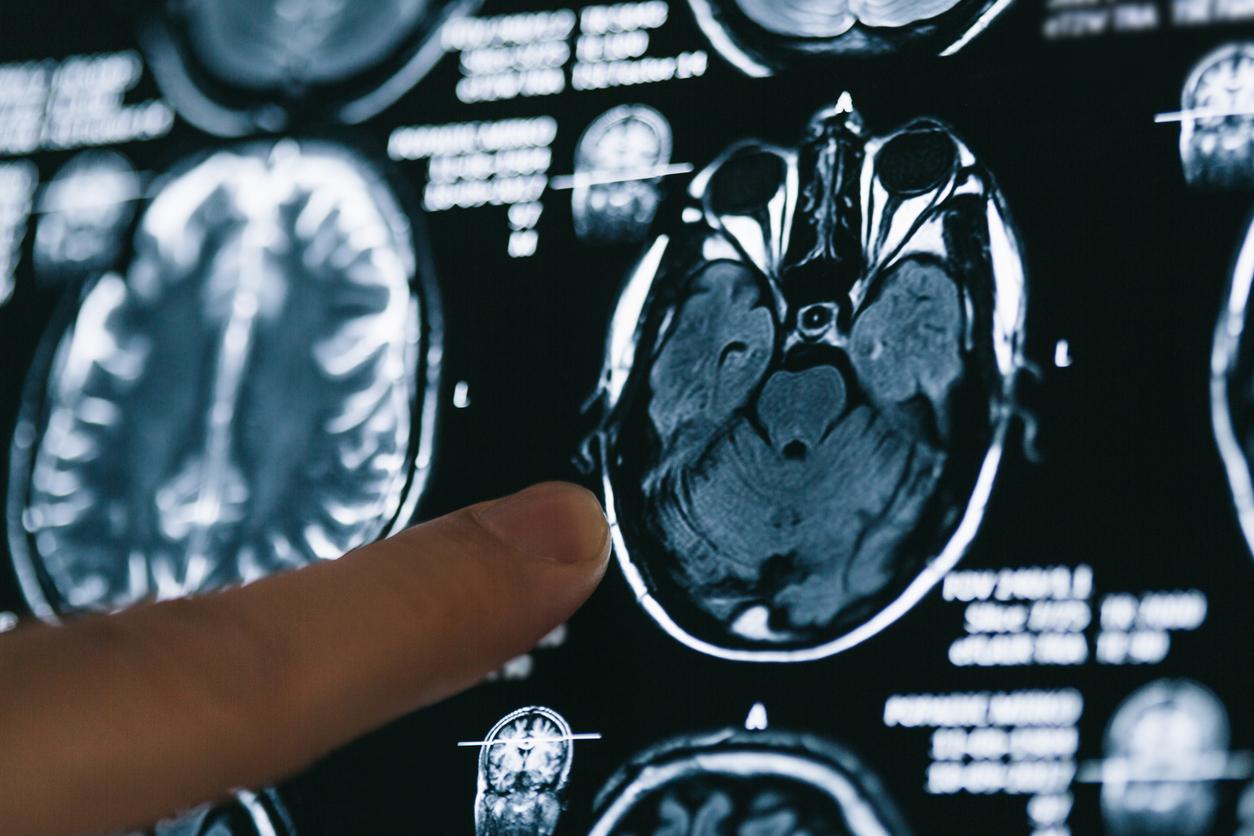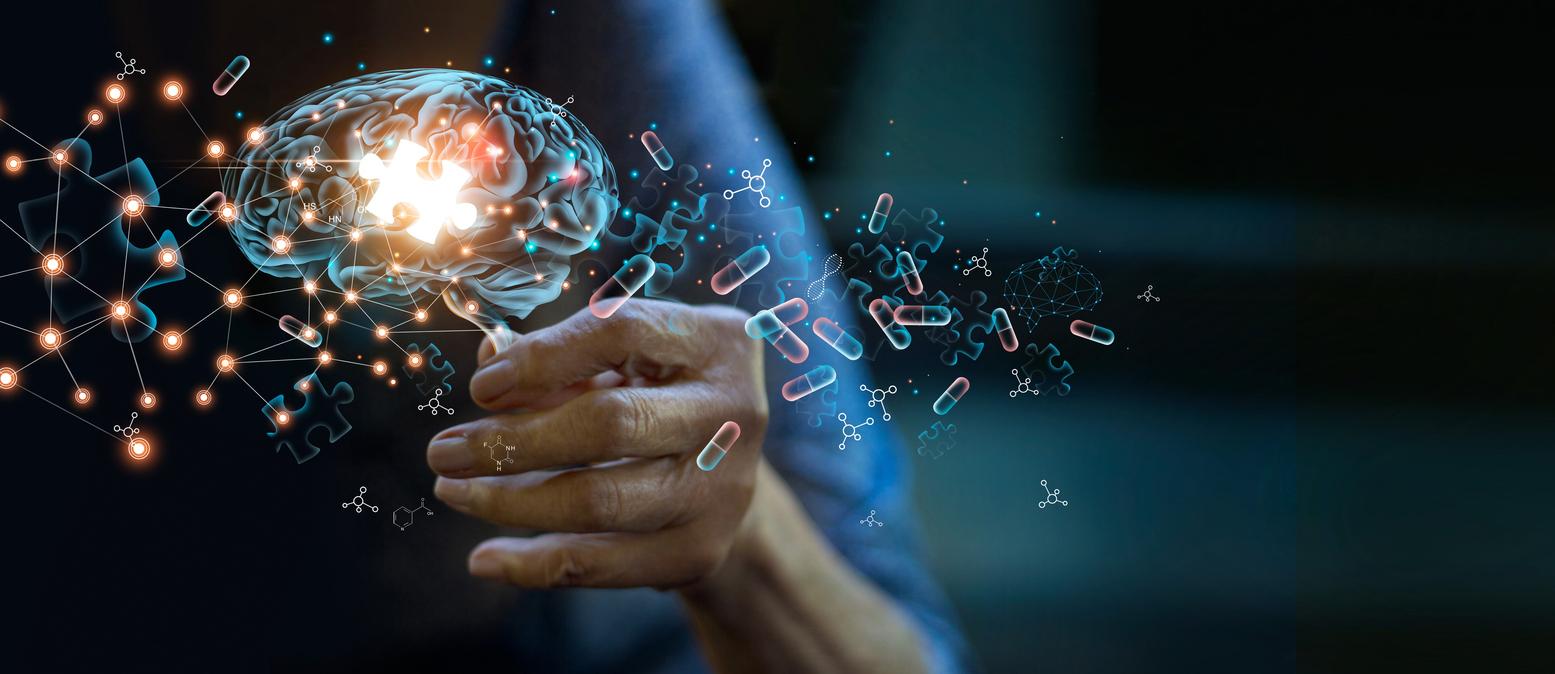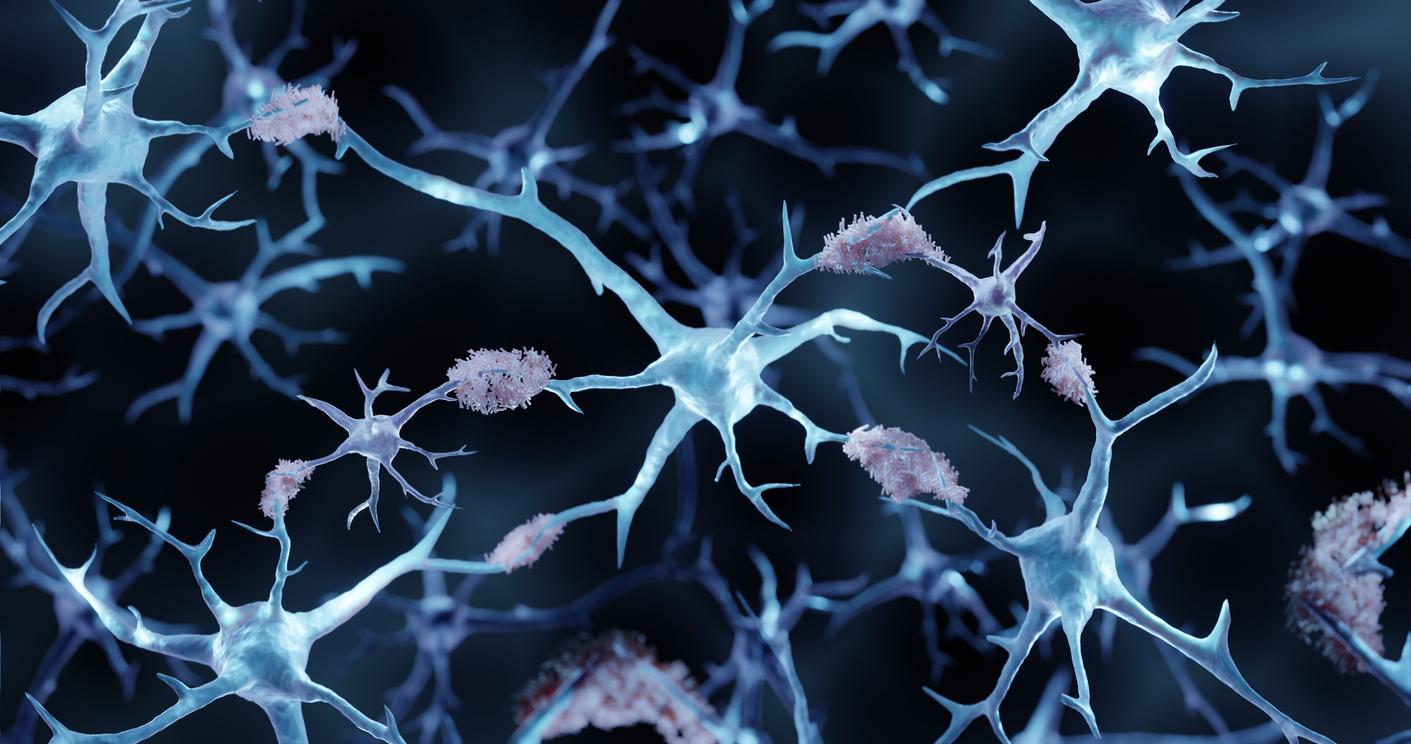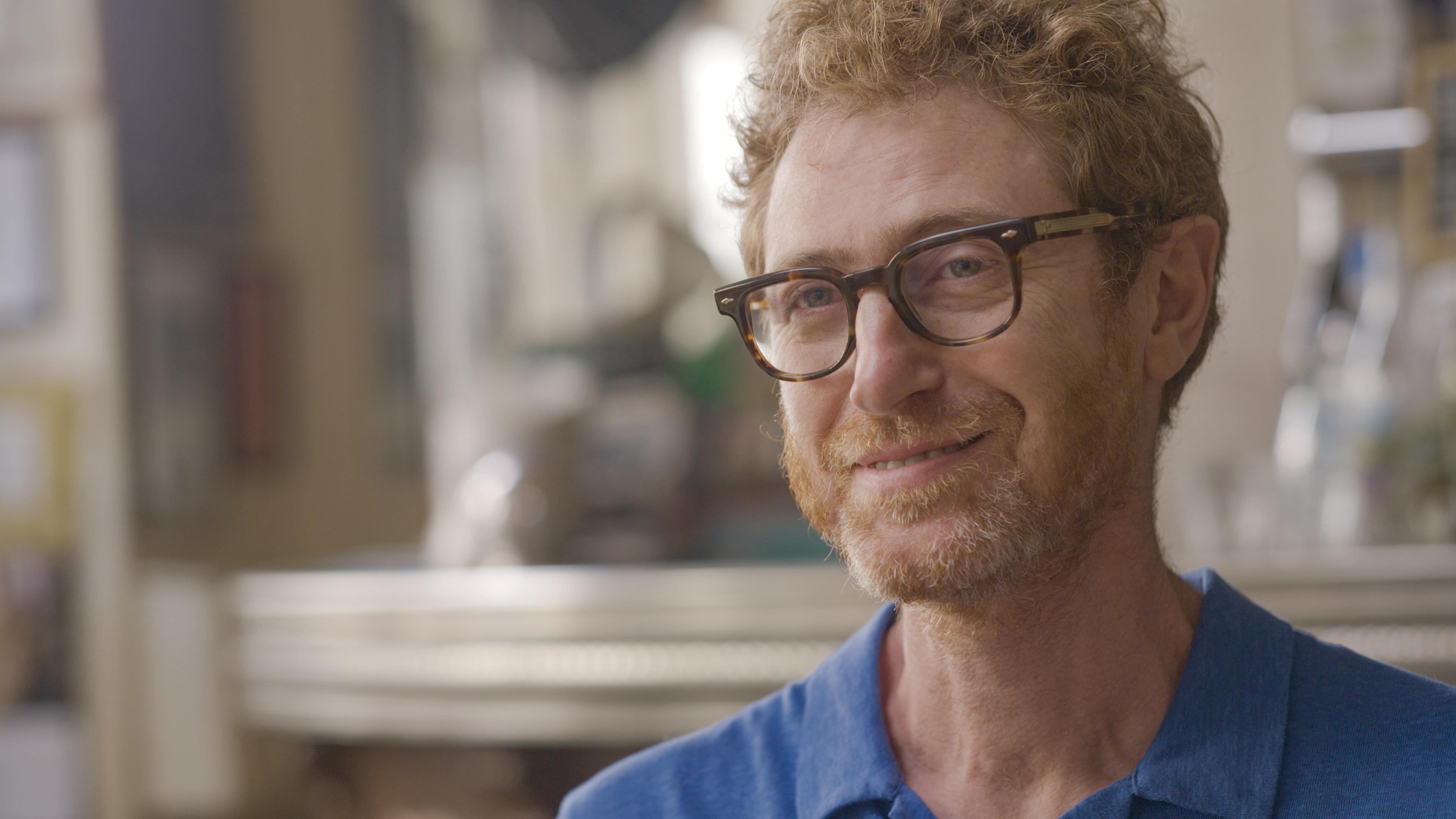Alzheimer’s disease does not limit patients’ ability to learn, according to the thesis presented by a doctoral student from Linköping University.

- People with Alzheimer’s disease still have the ability to learn new things despite their pathology.
- Elias Ingebrand came to this conclusion after following ten people with dementia as part of his recently submitted doctoral thesis at Linköping University in Sweden.
- He also found that patients had come to understand how the tablet works without help from staff or loved ones, but by collaborating and learning from each other.
Alzheimer’s disease, the most common dementia, is characterized by impaired memory, thought and behavior. However, this cognitive decline does not prevent patients from being able to learn new things, according to a doctoral thesis recently presented at the University of Linkopingin Sweden.
Alzheimer’s : patients can still learn new things
For his doctoral thesis, elias Ingebrand asked ten people with Alzheimer’s disease to use a tablet computer for the first time, without further instructions. He it soon turned out that the device intrigued them. “I was rather surprised by that. I was maybe expecting him to stay there and talk about something else, but we saw that they were focusing their attention on that.”explain elias Ingebrand in his thesis.
During the 4 to 6 weeks of experience, the volunteers succeeded in using the tablet more and more independently. For the expert, this learning ability would be linked to the ability of body to remember the movements, even if the possibility of talking about them has been lost. However, the patient’s interest must be aroused.
“A woman who was doing orienteering spontaneously started using the tablet to check the results of competitions. A man who was restless and aggressive learned to navigate the open archives of SVT, Sweden’s public broadcaster. After a while, the staff noted that he sat and watched for a long time, calmly and focused. It was a side of him that they had never seen before.”specifies the thesis presented.

There collaboration and mutual aid between patients facilitate thelearning
What’s even more remarkable is that participants with Alzheimer’s disease learned to use the tablet by helping each other. By collaborating and sharing their knowledge, they were able to progress and support each other in their discovery of the device. This finding suggests that people with dementia can continue to learn, using their remaining cognitive abilities and supporting each other despite the difficulties encountered.
“My thesis has an impact on our view of people with dementia. They should not be treated like children, but like people who still have a will and an incentive to do things. It is ultimately about having the opportunity to participate in meaningful activities based on the person’s own interests and desires.”concludes elias Ingebrand.
If his work focuses on computer tablets, elias Ingebrand believes that his results are also valid for other forms of learning. “I want to further my research by discovering how to use the knowledge and expertise of people with dementia to create meaningful activities. Maybe someone could initiate an activity and teach others in the care facility. Maybe a little seminary, or some knitting. The right to lifelong learning should include everyone: the important thing is to have the chance to learn”.

















